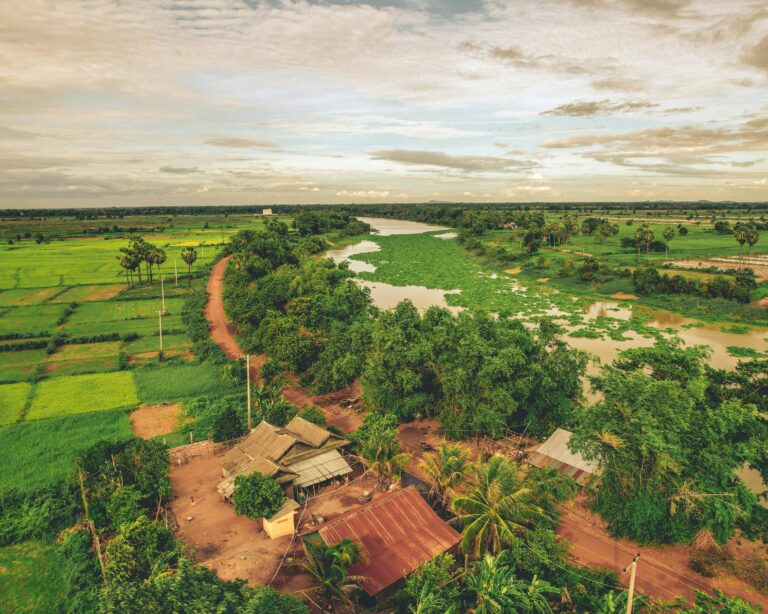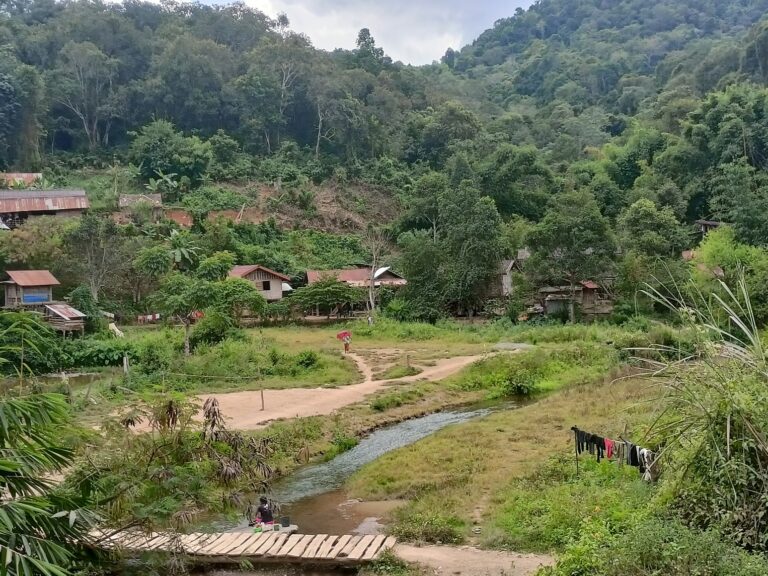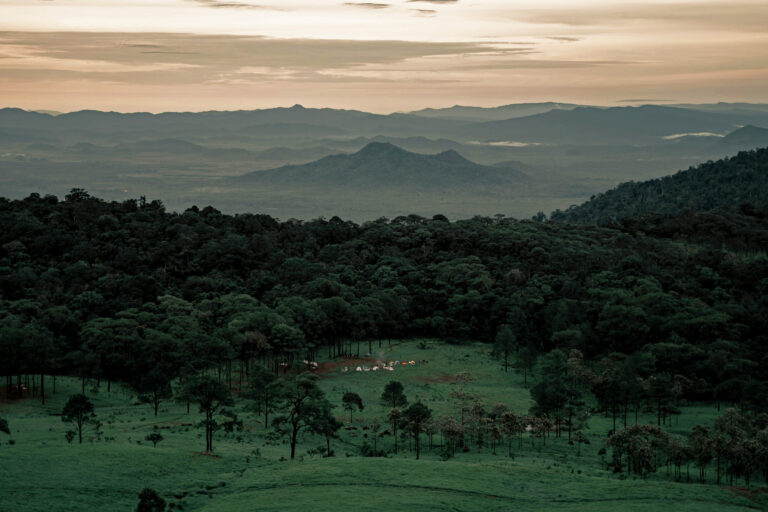Project Context:
The Tonle Sap Basin—encompassing the lake, river, and 11 major tributaries—is one of the world’s most productive freshwater ecosystems. It directly supports 1.7 million people and sustains millions more through vital ecosystem services. However, the basin faces increasing pressures from environmental degradation, water insecurity, and socio-economic change, threatening its long-term sustainability.
To address these challenges, the Royal Government of Cambodia (RGC), through the Tonle Sap Authority (TSA) and in partnership with the World Bank, is conducting a water security diagnostic of the basin. This multidisciplinary study will analyze key drivers of change, assess risks to ecosystems and livelihoods, and recommend actions for sustainable water management.
The Australian Water Partnership (AWP) is supporting the World Bank in designing and delivering the assessment. It brings together key stakeholders to develop a long-term strategy and investment plan for the sustainable, inclusive development and conservation of the Tonle Sap Basin. ICEM, AWP’s Australian partner, is leading technical implementation and contributing expert input to the Water Security Diagnostic Report.




